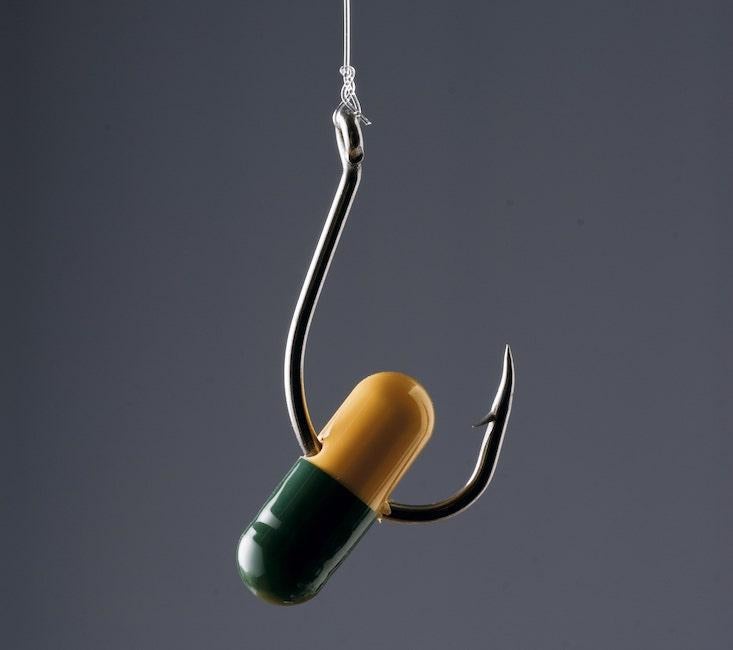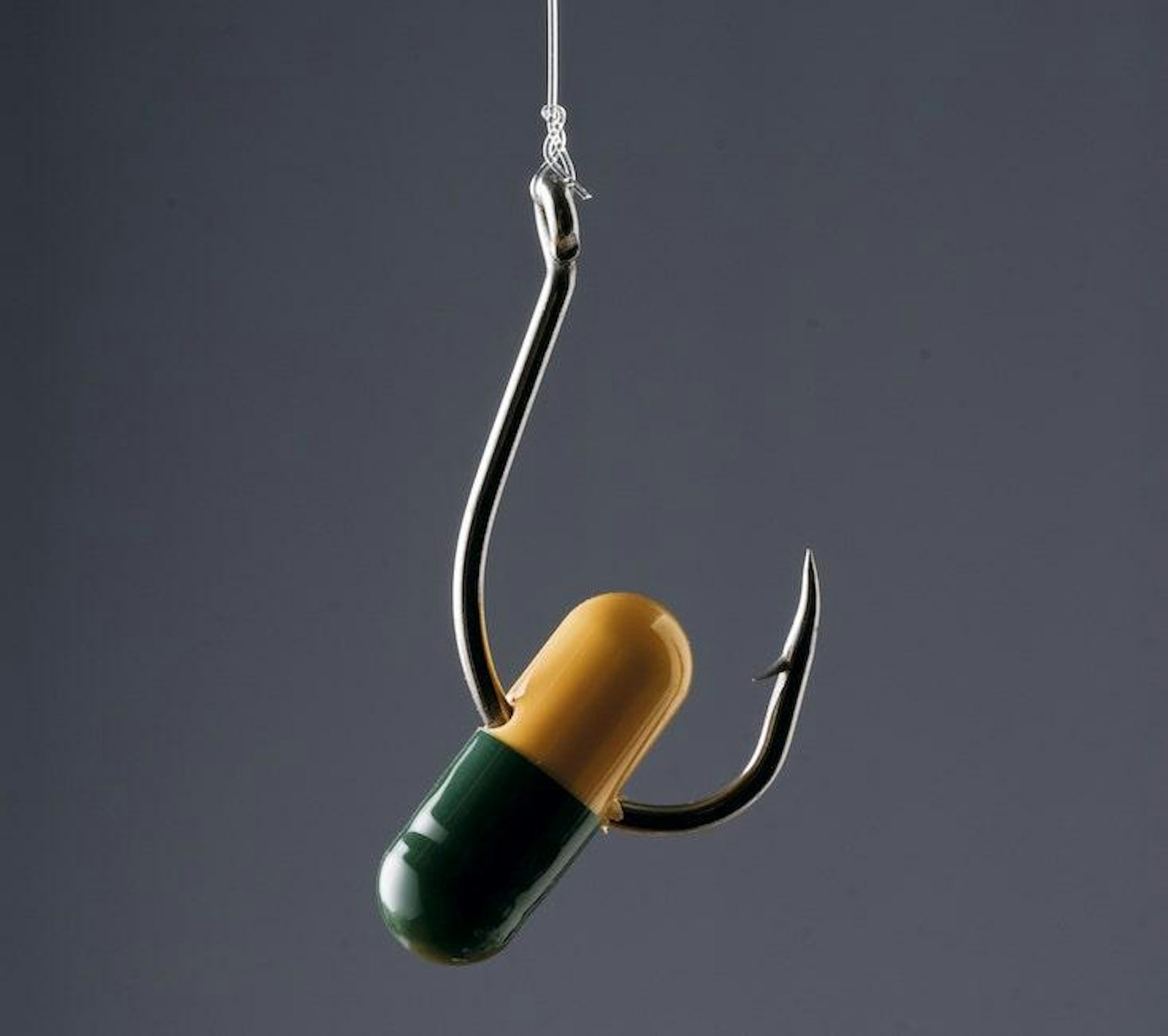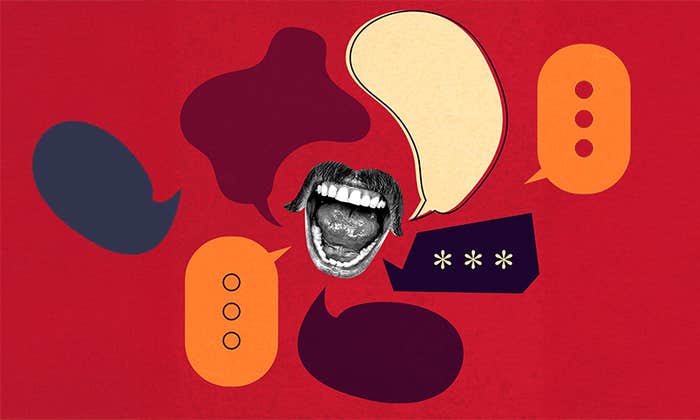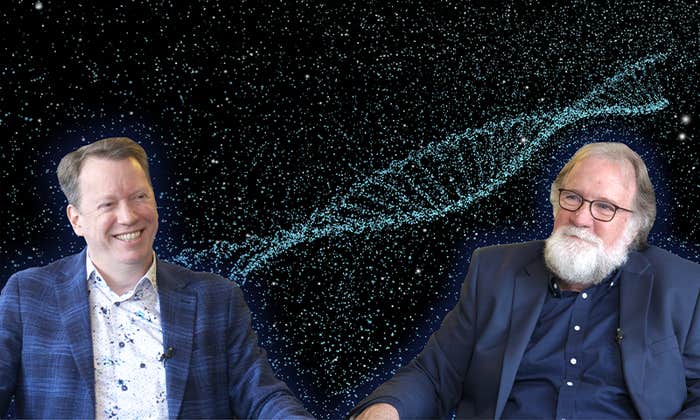
Here’s one way to rid society of “fake news”—abandon the term altogether.
That’s what a U.K. committee recommended that Parliament do last fall. It argued that the concept has lost any clear meaning, since it has been used to describe everything from genuine error to frank duplicity, or even just to slander. It’s an important point to make, in an era when our sprawling connectivity abets the spread of ever more misinformation. As a group of scientists at the Massachusetts Institute of Technology demonstrated in a landmark study published last year in Science, falsehoods shared on social media tend to spread much further, and much faster, than truths do. And, while misinformation can sway elections and threaten public institutions, medical falsehoods can threaten people’s health, or even their lives.
A few months ago, several physicians made this case in the Journal of the American Medical Association, arguing that doctors and scientists should play a more proactive role in combating the dissemination of scientific misinformation in online spaces. “What is needed is a campaign, engaging the platforms that patients use,” they wrote. “In some cases, fake news could be seen as a teachable moment, and an opportunity for researchers to clarify scientific findings.” I’m all in. Scientists and physicians, like me, do hold a unique position from which to help improve scientific literacy and comprehension. But if we are going to combat this phenomenon, we need to know what, exactly, we’re speaking about. Is “fake news” deliberate disinformation, intended to exploit? Is it simply inaccuracy? Or is it a pejorative meant to discredit? As the Parliamentarians noted, the term has been used in all of these ways.
Given the lack of clarity in how the term has been deployed, we should be thoughtful and precise in addressing these different manifestations of “fake news,” and in our own use of the term. Unfortunately, I’ve seen just the opposite happen. Physicians, scientists, journalists, and others are dropping the “fake news” label like a trending hashtag, without giving serious effort to navigating its nuances. Instead of addressing confusion, they’ve added to it.
Most common seems to be the application of the “fake news” moniker to articles that are simply inaccurate or poorly reported.
In a Daily Beast article titled “The Fake News Epidemic in Health,” physician Nina Shapiro writes about the problem of lax reporting on health and medicine: “Claims that routinely circulate are frequently overblown (‘diet cures cancer’), misleading (‘coffee enemas detox the body’), based on substandard research (‘fish oil supplements are good for you’), or are completely false (‘vaccines cause autism’).” Shapiro is right to speak out against specious reporting, but the title is problematic. Although she doesn’t use the term “fake news” directly, framing her discussion in this way implies a fraudulent intent, when in truth these reporters probably just didn’t do their homework.
Physicians, scientists, journalists, and others are dropping the “fake news” label like a trending hashtag…
Academic journals are misusing the term, too. Going back to 2017, we find an article in the medical journal Canadian Family Physician titled simply, “Fake Medical News.” The piece was a critique of a study suggesting that patients fared better when treated by female physicians. Standard fare for an academic journal. Not really “news,” and certainly not fake. Another, this time in an emergency medicine journal, was titled “Medically Clear: Fake News Thrives in Medicine.” The author describes receiving a solicitation to contribute to a medical journal that turned out to be fraudulent. A sort of fake, yes, but not fake news.
The problem with such cavalier use of the “fake news” label is twofold. First, it implies duplicitous writing or reporting, with an intent to deceive, when in reality the examples above suffer mostly from imprecise language and a lack of rigor. And second, indiscriminate use of the term erodes its power in calling out things that are, actually, fraudulent.
This winter, STAT published an article called “Solving the Fake News Problem in Science.” The piece was actually about the lack of replication and confirmation of published scientific results, but it makes a pretty sweeping claim—“…science, like news and social media, has a ‘fake news’ problem.” The author is right that there’s a problem with “fake news” in science, but it doesn’t have anything to do with confirmation or replication.
The real problem is health and medical news that is truly fake, as the original Webster’s had it—a trick, a swindle, a fraudulent manipulation. The internet is full of scammers generating content that masquerades as news, and distributing it via social media. The motive is usually money, whether by click-driven ad revenue or by sale of weird tonics. Here’s a stunning example reported by Proto Magazine: A fabricated story suggesting that flu shots were killing people attracted 500,000 clicks in January 2018, more than any other story from NPR, ABC, CBS, CNN, or Fox News.
To me, this variety of disinformation is by far the most dangerous, and any use of the term “fake news” as it relates to health or medicine should be relegated to this sphere, if we are to use it at all. It is precisely this sort of fraudulent disinformation that physicians and scientists should speak out against.
There’s one more iteration. It’s the use of the “fake news” label as a smoke screen, as a pejorative meant to discredit. As a weapon. The term entered the public lexicon largely in this way, courtesy of Donald Trump. During his first two years in office, not a single month passed without a Trump tweet about “fake news.” During some periods, such tweets appeared daily. The apparent intention has been to smear unflattering coverage of his administration. This is important, because such a dominant cultural association can be hard to dissociate from the term’s use elsewhere.
We should be especially careful, then, in how we use the phrase, as the authors of the JAMA piece noted: “Opponents of the content of a report or a message need only decry it as ‘fake news’ to invoke a conspiracy against that content,” they wrote. “This single phrase almost seems to initiate an anamnestic response among those disinclined to accept or believe the content, automating cascades of disbelief and dismissal.”
So I was surprised when a report in the New York Times seemed to use the term in just this way. The reporter, Gina Kolata, wrote about a controversial treatment for stroke. Many physicians have misgivings about the drug, called tissue plasminogen activator, which can cause catastrophic hemorrhage. The evidence supporting its use is not definitive, and a spirited debate regarding its safety is ongoing. But rather than addressing the nuance of this debate, the reporter declared that physicians who question the drug’s safety are peddling the “medical version of fake news.”
I was stunned to see scientific discourse passed off as “fake.” We’re not talking about hucksters selling colloidal silver. At best, the reporter used the term for buzz. At worst, it’s a maneuver intended to discredit those she disagrees with. The scientific community should be proactive in engaging with sources of misinformation and disinformation in online spaces. But when we blithely throw around a term like “fake news” without considering its implications, we do a profound disservice to the goal of comprehension and clarity. We ourselves become part of the problem.
Clayton Dalton is an emergency medicine resident at Massachusetts General Hospital in Boston. He has published stories and essays with NPR, Aeon, and The Los Angeles Review. Read his last feature in Nautilus, “Iron Is the New Cholesterol.”


























